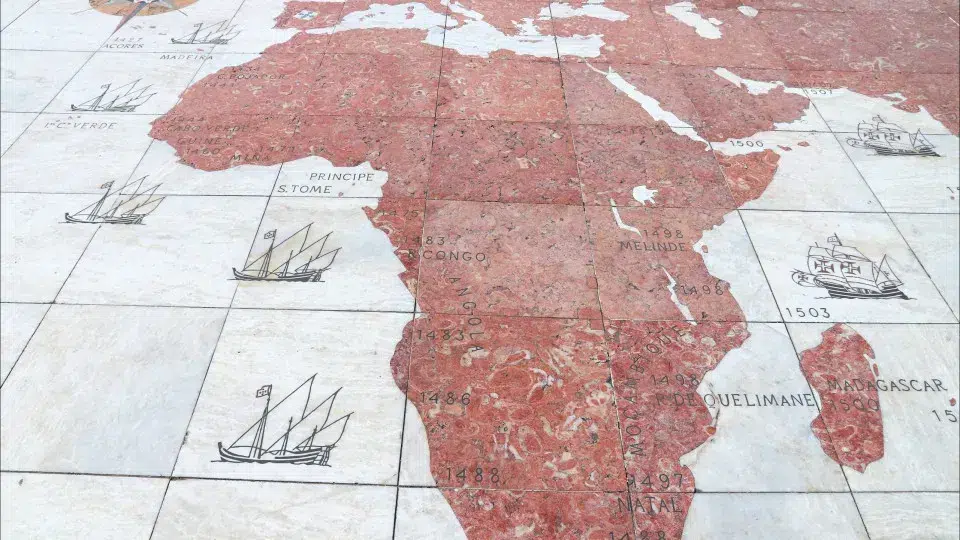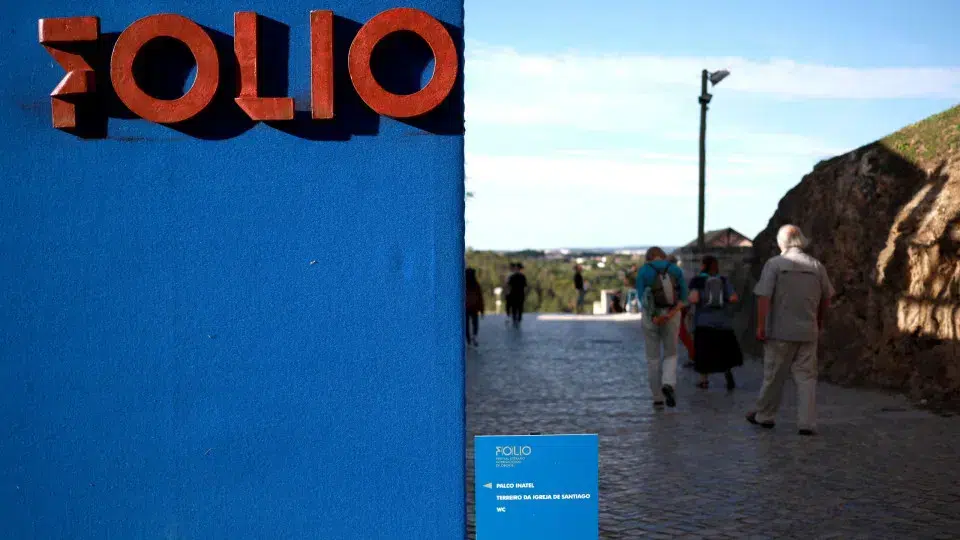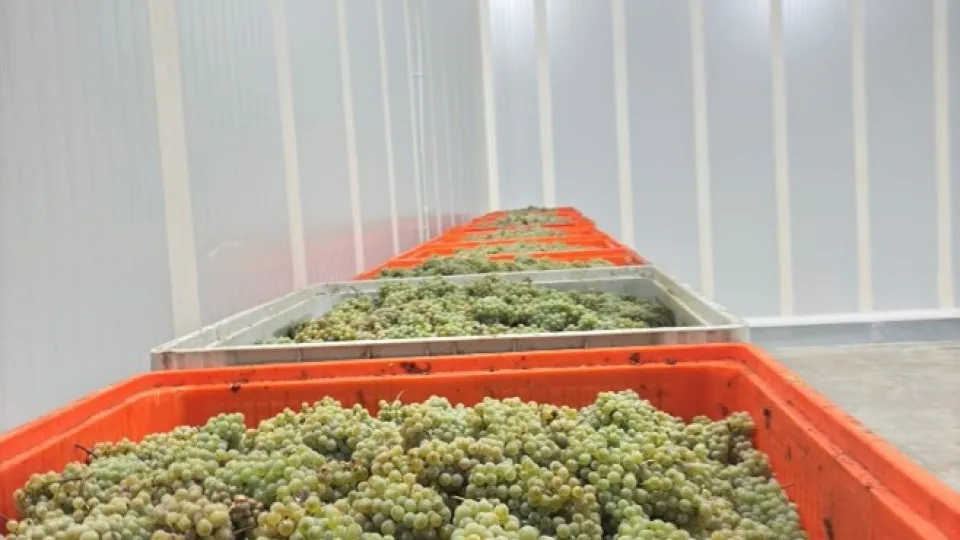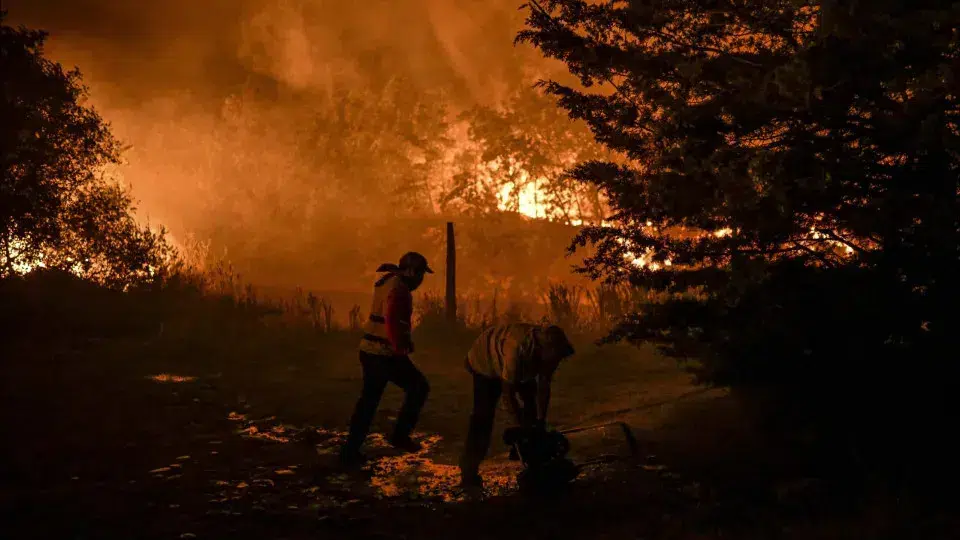
“The absence (of information) is a fact. It has always intrigued me why, even with a common language and other elements that integrate us, such as flows of people and history, we don’t have more information about each other,” questions the speaker.
João Manuel Rocha, a former journalist for ANOP and Lusa and the daily Público, now a professor at the Universidade Católica Portuguesa, emphasizes that apart from media focused on specific themes, such as Lusa and RTP, “there is a clear lack of information.”
“Only the news agency (Lusa) and RTP, with their international channels aimed at external, especially African, audiences, counter this information void about Portuguese-speaking countries,” he highlights.
“Their work is significant as a contribution to news flows and the development of local public debate spheres, and possibly as a stimulus for an extended public space for speakers of the same language. It is also a part of what could be called ‘lusophony,’ by building partnerships with stations in other countries,” he adds.
“However, without being complemented by other national news media, the work of journalists from public operators ends up confined to relatively limited circles, leading to an unwanted ‘ghettoization’ of journalistic information about others who also speak Portuguese,” he laments.
Rocha, who authored the chapter “Jornalismo da Lusofonia: entre a ‘guetização’ e a controvérsia sobre o conceito” in Volume I of Jornalismo de Especialidade, published by Livros Horizonte in 2024, presents responses from a written survey conducted with editorial leaders of Portuguese media outlets in the summer of 2023. These responses “reveal a predominant understanding of a lack of journalistic information in this area.”
He considers that “the limited attention to Portuguese-speaking countries cannot be seen as anything other than a symptom of the challenges faced by Portuguese journalism, caused by ‘staff reductions, budget cuts, forced sedentism, and a decline in readers, listeners, and viewers.'”
For Rocha, Portugal pays “more attention to countries with greater economic importance, size, and influence.”
“We have more news—though not enough, in my opinion—about Angola, Mozambique, Brazil, more than about Guinea, Cape Verde, or São Tomé. This editorial hierarchy is understandable but also mirrors the state’s hierarchy of relations,” he stresses.
He indicates that this is a reflection of “the priority of external relations, of the states, of economic agents. It involves more information about institutions and economic agents and their relationships, and perhaps less about the experiences of people on either side.”
Asked whether the scarcity of information from these countries, aside from conflicts, corruption cases, and natural disasters, suggests a paternalistic bias, Rocha believes the choice is driven by “the force of the events.”
“It is the strength of the event that imposes itself, less the attention given to the news from Portuguese-speaking countries in these cases. It is less an editorial choice and more a response to the force of current events,” he considers.
Nonetheless, Rocha acknowledges the risk of perceiving a paternalistic bias.
“There is that risk, but it depends a lot on how information is approached, the perspective, the angle, the framework given to things. Bias or paternalism might be perceived more in the way topics are presented. Because bad governance practices aren’t exclusive to Africa, and disasters happen everywhere. I don’t think there’s an intention to seek out these narratives alone,” he asserts.




